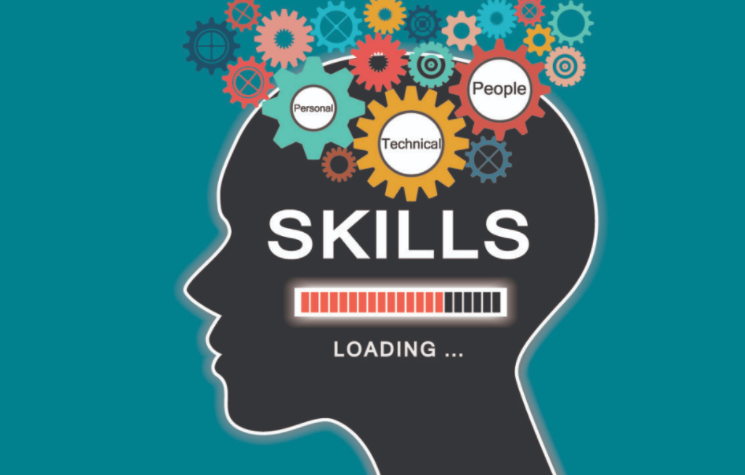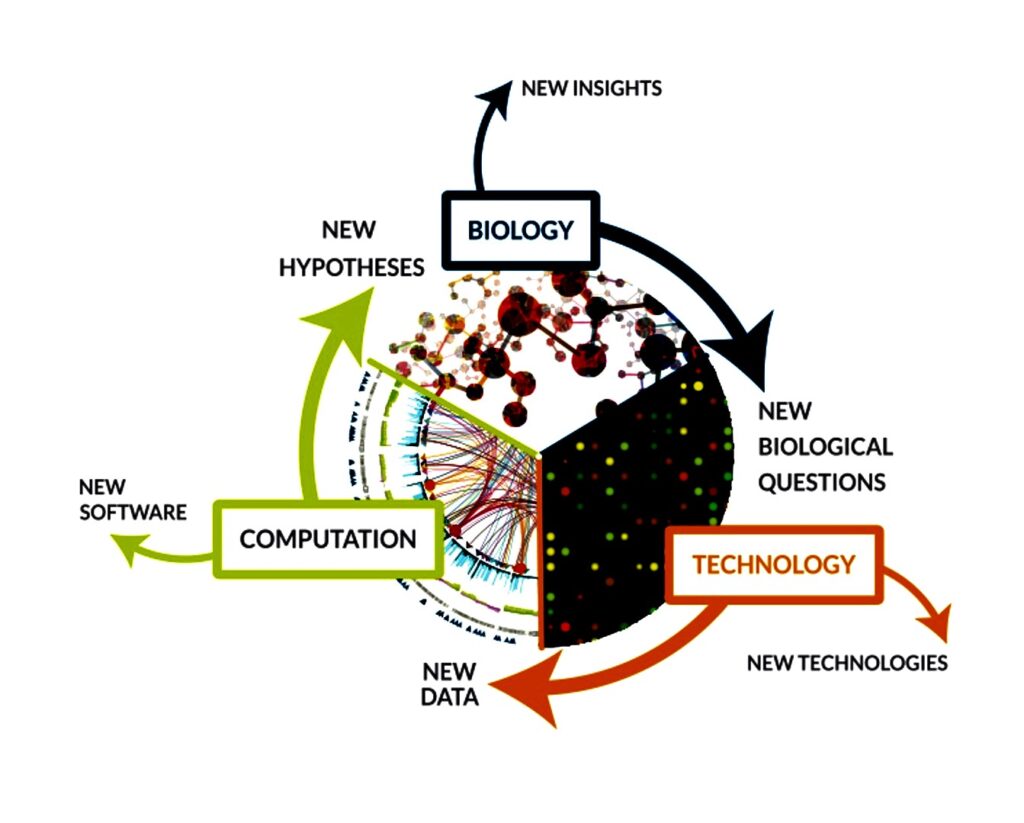Define technical skills
In this post we will learn about technical skill which means knowledge or talent to perform activities or tasks related to maths, engineering, or science. In some cases the intelligence of programming languages, mechanical devices or devices is involved. While scientific skills are often most essential for jobs related to information technology (IT) and other areas of science, many other managements also want employees with at least some technical skills.
Technical skills are usually related to the fields of mechanics, information technology, mathematics and science. Technical skills refer to the specialized knowledge and expertise required to complete complex tasks, tasks and processes related to computational and physical technology as well as a diverse group of other enterprises. Those with technical skills are often referred to as “technicians“, an expression of audio technicians, electronics technicians, market technicians, computer technicians, engineering technicians, and many other designations. Technical skills can also refer to the expertise of a certain type of market participant who uses technical analysis signals to buy and sell stocks, bonds, futures and other financial instruments.

Technical skills definitions with Examples
In most cases, the acquisition of advanced technical skills requires specialized training or education, which takes both time and resources. Technical skill requirements are listed for most career fields. Performing any task requires the use of multiple skill sets. Many jobs require skills related to physical or digital equipment—often called “technical skills.” Technical skills can vary widely across industries and jobs.

In this article, we explore the different types of technical skills you may need in your career path, as well as how to improve them. There are many different types of technical skills. Traditionally, people working in mathematics, computer science, mechanics and information technology have used many technical skills.
For example-
Retail and food service employees often need to know how to use point-of-sale (POS) software.
Customer service representatives may need technical skills related to customer management and telephone systems.
Teachers may need technical skills related to instructional techniques and software applications ranging from student behavior monitoring to grading.
Technical skills vary widely between industry and job type. For computer programmers, knowledge of various coding languages is considered a technical skill.
Customer service representatives may need technical skills related to customer management and telephone systems.
The most popular current application of technical/scientific skills involves the application of computers. Technical/scientific skills are related to experiences in the social, biological and physical sciences.
Importance of technical skills
Technical skills are important because today, many more industries depend on employees with technical knowledge. Technical skills, also known as hard skills, are the qualities acquired by using and gaining expertise in performing physical or digital tasks. Almost every job depends on different tools, programs and processes. If you have common technical knowledge and skills demanded in your industry, you will be a more competitive candidate. While technical skills are often most important for jobs related to information technology (IT) and other areas of science, many other industries also want employees with at least some technical skills. For example, while a welder may have a positive demeanor and excellent customer service skills (these are good examples of “soft skills”), skillful handling of the torch will be critical to their technical and practical success.

Technical/scientific skills include-
In laboratory work – you have experience in a science or computer laboratory
In report writing – writing a scientific report based on the data collected in a study
In research – researching a problem in a library or database and writing reports based on the findings
In computer – knowledge of various hardware, for example, recommending the purchase of a computer for the group you belong to, installing a software system on your personal computer
In software – Experience with software programs, eg, word-processing, e-mail, graphic presentation, spreadsheet calculations, and database entry/editing
In systems – understand the operation of organizational, technical and social systems
In Troubleshooting – Solving hardware/software problems with computer and telecommunications systems
Technical Skills for computational and physical:
Physical computing includes interactive systems that can sense and respond to the world around them. In practical usage, the term often describes handmade art, design or DIY hobby projects that use analog inputs to a software system. Sensors and microcontrollers use, and/or electro-mechanical devices such as motors, servos, to perform translation. , control lighting or other hardware. Computation, in modern computing, refers to activities, applications, or workloads that require more processing resources than its memory or I/O resource requirements. Generally speaking, computation is used to describe concepts and objects designed for computation and processing. For example, CPU, APU, and GPU are considered compute resources while graphics processing applications such as 3-D rendering and video games are described as compute-intensive applications.

Some specific technical skills by computer science/IT include:
For computer programmers, knowledge of various coding languages is considered a technical skill. like –
- Programming Language.
- Common Operating System.
- software proficiency.
- technical writing.
- Project Management.
- data analysis.
Technical Skills for Mechanical Engineers:
If you are interested in pursuing a career as a mechanical engineer, you will need to grow and develop a number of key skills to be successful in this position. Top skills for these professionals include problem-solving, communication and math skills. Here we will explore the definition of mechanical skills, highlight the most important skills required by these professionals. Mechanical engineering skills are the skills required by those in this profession to perform their job duties effectively and productively. These skills include both hard and soft skills, or skills that are learned in school, training, or on the job as well as skills that come naturally to individuals. Because mechanical engineers work in a variety of industries, including the automotive and manufacturing industries, these professionals often require broader skills than other types of engineers.

Some creativity skills needed by mechanical engineers include:
- Experimentation
- Asking questions
- Observation skills
- Networking skills
- Creative thinking
- Deductive reasoning
- Inductive reasoning
- Problem-solving
